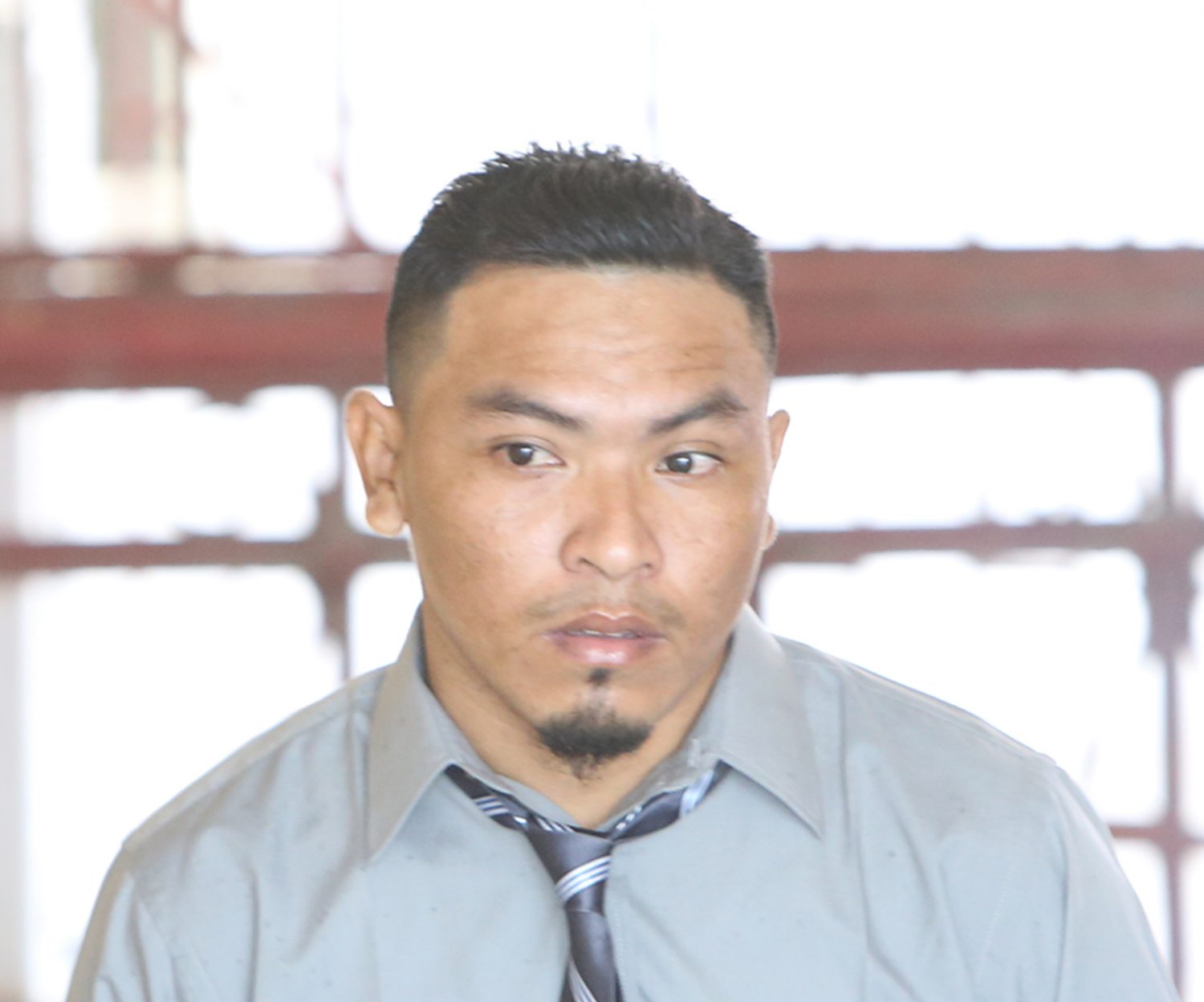Having already accepted culpability for the unlawful killing of Martin Roberts, Phillip Sutherland, through his attorney Siand Dhurjon, made a successful application yesterday to have his plea vacated.
Dhurjon, who also represented Sutherland when he pleaded guilty to the unlawful killing earlier this month, told Justice James Bovell-Drakes yesterday that he had not been in possession of the deposition, which resulted in his client being under the misconception that “inflicting a blow in self defence, made him guilty.”
Having since been able to peruse the file, however, counsel said that justice required his client be permitted to vacate his plea as he felt forced at the time to plead. “This accused did not strike the fatal blow,” the lawyer added, while noting that after examining the case file, he found that there is someone else who should also be charged.
According to Dhurjon, given his client’s “simplicity,” he felt pressured that he simply had to do what was necessary to get released from prison and he emphasised that the man did not know what he was pleading to.
Counsel submitted that the interest of justice required his client be permitted to vacate his plea.
Initially indicted with the capital offence, Sutherland pleaded not guilty but at a hearing earlier this month, accepted responsibility on the lesser count of manslaughter for killing Roberts on January 9th, 2014, in the Rupununi.
His sentencing was, however, deferred to yesterday to facilitate the presentation of a probation report, which Dhurjon had requested.
The requested had been granted by Justice Bovell-Drakes.
Counsel relied on the authority of Archbold (1997), noting at page 385 where it says that, “ordinarily, a plea of guilty may be changed right up to the moment that sentence is passed.”
It states further that “an unequivocal plea of guilty may be withdrawn with the leave of the court before sentence.”
He also referenced the third edition of Common-wealth Caribbean Criminal Practice and Procedure by Dana Seetahal, which referenced the case of Beswick v R (1989), which also said that an application to withdraw a guilty plea may be made at any stage before sentence is passed.
Prosecutor Mandel Moore had no objections to Dhurjon’s application.
The judge thereafter granted Dhurjon’s application to have the plea vacated.
Meanwhile, in a bid to have a jury immediately empanelled to hear his client’s trial, Dhurjon cited Section 144 of the Criminal Law Procedure Act, which said that if the accused person pleads not guilty, he shall thereby without any further form, be deemed to have put himself upon the court for trial, and the court shall order a jury for his trial accordingly.
Noting that the current criminal session is already at an end, however, the judge said that a jury cannot be immediately empanelled, but informed the accused that he will at some stage be notified when his case will be called.
Referencing Section 144 which he pointed out contained compulsory terms, Dhurjon noted that a jury ought to have been immediately empanelled to hear the case.
The judge, however, maintained that the criminal session had ended, but that the matter will come up as early as it is possible
Roberts died as a result of asphyxiation and a broken larynx, compounded by blunt trauma to the head.






